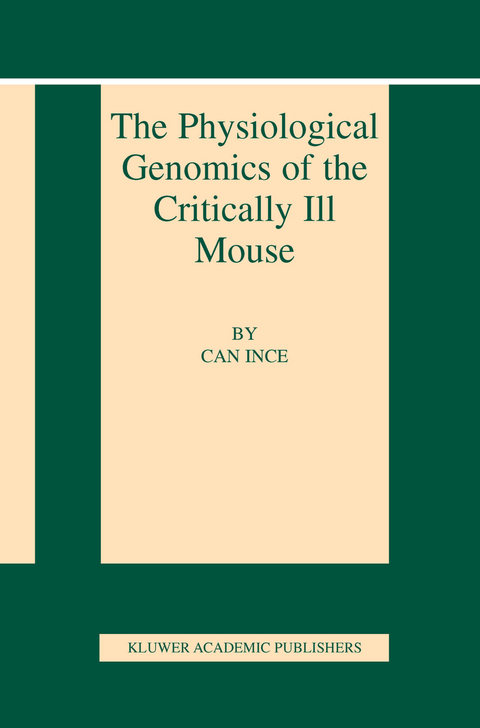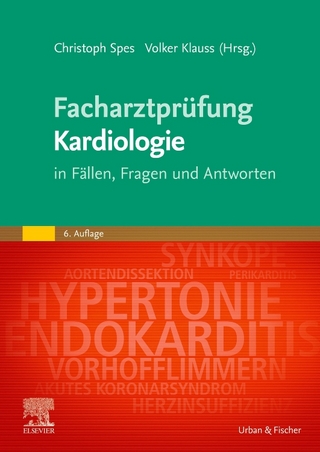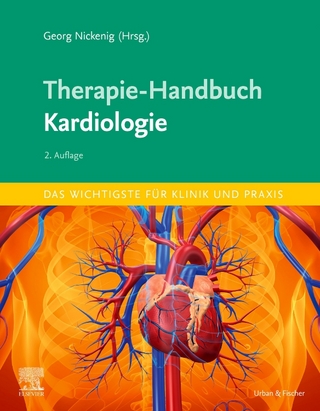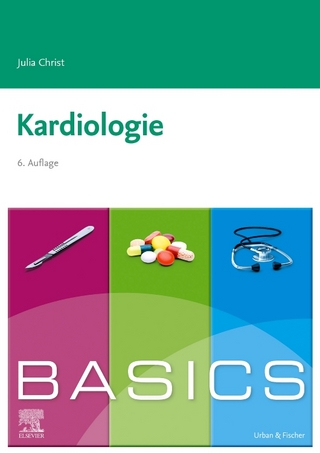
The Physiological Genomics of the Critically Ill Mouse
Springer-Verlag New York Inc.
978-1-4613-5099-6 (ISBN)
The physiological genomics of the cardiovascular system studies the relationship between gene and physiological (dys)function. It is a rapidly developing area of research and distinguishes itself from other areas of molecular medicine by its highly integrative nature. In this multi disciplinarian area of the physiological sciences, there is interaction between gene structure and physiological cardiovascular function as well as interactions between the different organs and their physiological compartments. The mouse has played a central role in the study of genomics due to the detailed knowledge of the mouse genome and the wide availability of genetically modified mice. In the past, the mouse had mainly been used in the area of immunology and molecular biology, and physiological interest in the mouse was scarce. As more insight has come into the structural genomics of the mouse, however, it has become increasingly important to understand the relation between gene and physiological function. With this in mind we have been organizing the Amsterdam Mouse Symposia to bring together different disciplines interested in the molecular basis of cardiovascular function (see J. of Clinical and Exp. Pharmacology and rd Physiology (2002) 29:A69-AI02 for the proceedings of the 3 Amsterdam Mouse Symposium and Basic Research in Cardiology (2000) 95:492-535 for nd the proceedings of the 2 symposium).
Content.- Section I: Physiological Monitoring of the Mouse 1.- Assessment of quality in commercially supplied genetically modified animals.- Cannulation techniques for multiple blood withdrawal in mice.- Mouse anesthesia in relation to optimal hemodynamics.- Mechanical ventilation of mice.- Mouse echocardiography.- ptical Spectroscopy in mice.- ECG monitoring and analyses in mice.- High-definition magnetic resonance of genetically modified mice.- Pet studies in the mouse.- Mouse telemetry for long-term monitoring.- Section II: Cardiovascular Pathophysiology of the Mouse 143.- Physiological genomics of reperfusion injury.- INOS-deficient mice in the study of resuscitated sepsis.- The microcirulation in hypercholesterolemic mice.- The mouse in shock.- Expression systems to analyze transgenes in the heart.- Structural and functional adaptations of the heart after coronary artery ligation in the Mouse.- Mouse models of sepsis.- Mouse models for arterial thrombosis: does clotting make a difference in human cardiovascular disease?.- Identification of mouse models of cardiovascular disease using mutagenesis.- Acute lung injury and pneumonia in mice.- Section III: Treating the Critically Ill Mouse 289.- Endothelial nitric oxide synthase in cardiovascular homeostasis and disease.- Arteriogenesis in mice.- Mouse models to study pro-and anti-angiogenic potential: novel roles for PIGF and Flt1.- Stem cell therapy in the mouse heart.- Gene therapy for the critically ill mouse.
| Erscheint lt. Verlag | 5.11.2012 |
|---|---|
| Reihe/Serie | Basic Science for the Cardiologist ; 16 |
| Zusatzinfo | XVIII, 386 p. |
| Verlagsort | New York, NY |
| Sprache | englisch |
| Maße | 155 x 235 mm |
| Themenwelt | Medizinische Fachgebiete ► Innere Medizin ► Kardiologie / Angiologie |
| Studium ► 2. Studienabschnitt (Klinik) ► Humangenetik | |
| Studium ► 2. Studienabschnitt (Klinik) ► Pathologie | |
| Naturwissenschaften ► Biologie | |
| ISBN-10 | 1-4613-5099-9 / 1461350999 |
| ISBN-13 | 978-1-4613-5099-6 / 9781461350996 |
| Zustand | Neuware |
| Haben Sie eine Frage zum Produkt? |
aus dem Bereich


